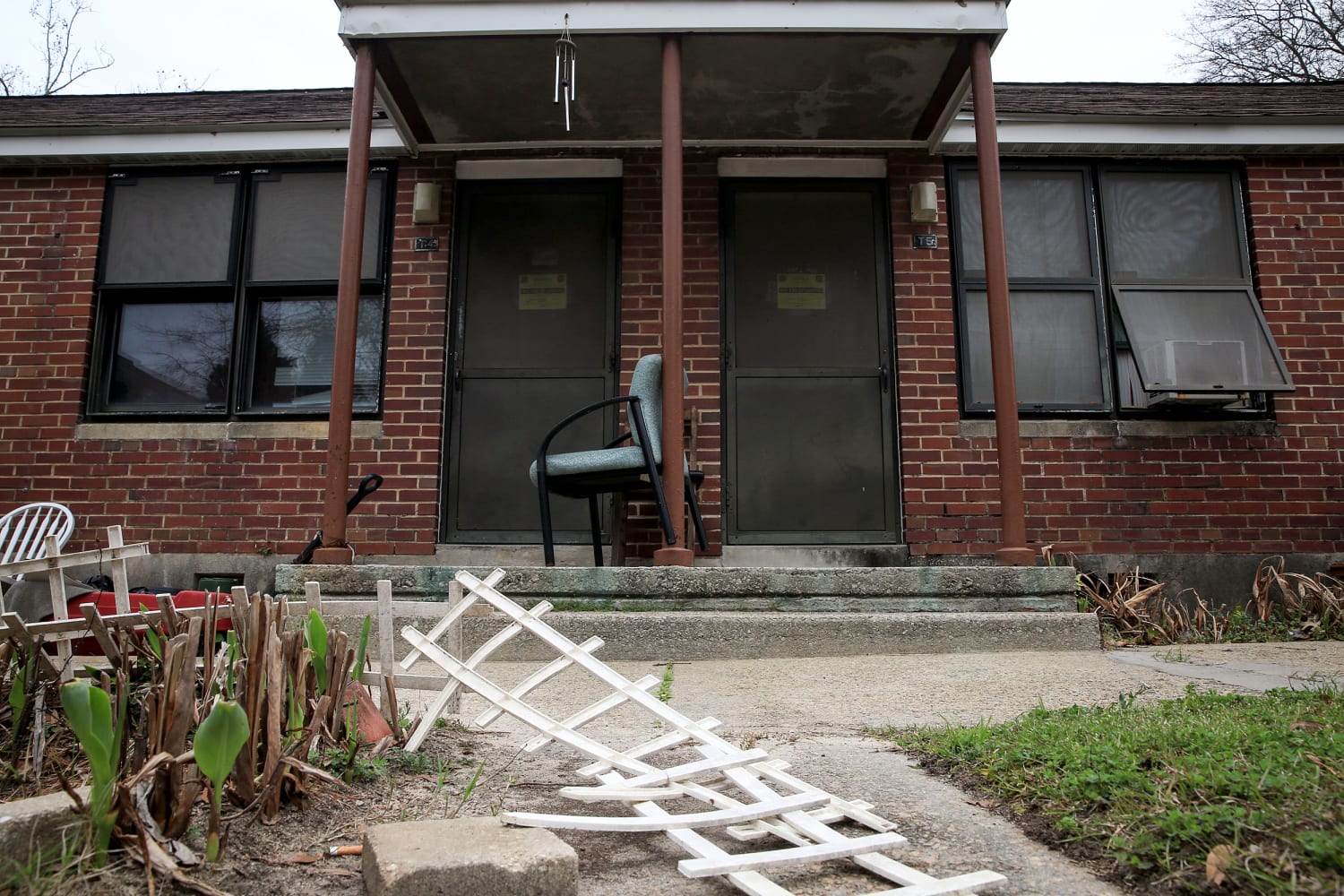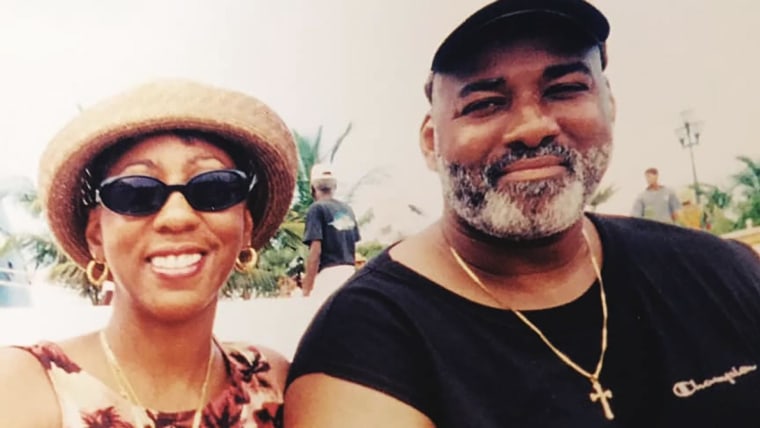Congress has passed a requirement for carbon monoxide alarms in federally subsidized housing — the first time that the federal government would mandate these safety devices in public housing, following years of incidents in which the poisonous gas seeped into residents’ homes and left them hospitalized or dead.
The provision was included as part of the $900 billion Covid-19 relief bill that cleared the House and Senate on Monday night, and follows an in-depth NBC News investigation into carbon monoxide deaths in public housing. President Donald Trump is expected to sign the bill into law in the coming days.
NBC News found last year that at least 13 public housing residents had died from the colorless, odorless gas since 2003. Housing units funded by the Department of Housing and Urban Development must be “decent, safe, and sanitary” and are subject to regular health and safety inspections, but the federal government did not require carbon monoxide detectors.
“No family should worry about dying in their sleep,” Rep. Jesús “Chuy” García, D-Ill., who wrote an earlier version of the legislation, said in a statement. “The government must take responsibility for the safety of working families in housing it provides, and passage of this bill is a major step to provide safe housing for all families.”
The recent victims of carbon monoxide poisoning include Anthony and Gwendolyn Fleming, a Michigan couple in their 60s who died in February 2019 after the toxic gas leaked into their federally subsidized apartment. The Flemings’ three daughters said they were grateful that the new legislation would help protect others from the same hazard.
“There is nothing in the world we want more than to spend the holidays with our parents; the greatest gift we could ever receive is one that honors them,” the daughters said in a statement. “Passing the CO Alerts bill into law is that gift.”
The bill provides $300 million in funding over three years and requires carbon monoxide detectors in all traditional public housing units, as well as private properties whose owners or tenants receive federal rental subsidies, according to the text of the bill. The requirements also apply to federally subsidized housing for the elderly, people with disabilities, people with AIDS and low-income rural families. While some states and local governments require detectors, not all do, and the specific requirements vary, creating an uneven patchwork of safety measures.
In the wake of NBC News’ investigation, the House and Senate introduced bills to require carbon monoxide detectors in public housing in 2019. The legislation written by García passed the House, but similar legislation did not come up for a vote in the Senate until this week, despite strong bipartisan support from members of Congress and the Trump administration.
“For decades, the entirely preventable deaths of public housing residents went largely ignored, even as additional lives were in jeopardy,” said Emily Benfer, a visiting professor at Wake Forest School of Law and an expert in public health and housing law.
Sen. Tim Scott, R-S.C., who co-wrote an earlier Senate bill requiring detectors with Sen. Robert Menendez, D-N.J., stressed the importance of passing the provision as the country heads into winter, when heavy use of gas-fired appliances increases the risk of carbon monoxide poisoning.
“Even one preventable death in our public housing facilities is too many, and this important provision will help put an end to the threat of carbon monoxide poisoning for families across the nation,” Scott said in a statement.
Menendez added in a statement: “This legislation will help protect children and families from needlessly dying in their homes.”
Carbon monoxide is especially harmful to the elderly, who often have other underlying health conditions, as well as infants and young children. High levels of the gas can kill within minutes, as well as cause permanent brain damage, heart problems and other serious health conditions.
Public housing authorities and private owners of federally assisted properties would have two years to comply with the new requirements. The delay is intended to give them enough time to budget and plan for the installation of carbon monoxide detectors, especially given the risks of bringing in contractors during the pandemic, according to congressional aides.
Separately, HUD is in the process of finalizing a new rule requiring carbon monoxide detectors in public housing — a step that did not require Congress to act — and could potentially mandate the devices sooner. The draft rule is awaiting White House review, but it may not be finalized before the end of Trump’s term, and could be shelved or face further delays under the next administration.
Fabiola Rodriguez-Ciampoli, a spokeswoman for García, said her office was in close contact with the Biden-Harris transition team and with Rep. Marcia Fudge, D-Ohio, the president-elect’s pick for HUD secretary, about the proposed rule “to ensure that the agency’s new leadership can hit the ground running.” Vice President-elect Kamala Harris wrote an earlier Senate bill requiring carbon monoxide detectors in public housing that did not come to a vote.
While the requirement for the safety devices may not go into effect until 2023, Benfer, the housing law expert, urged landlords to act immediately to protect vulnerable residents. “The faster public housing authorities can install CO alarms,” she said, “the greater the number of lives saved this winter and into the future.”
Source: | This article originally belongs to Nbcnews.com











